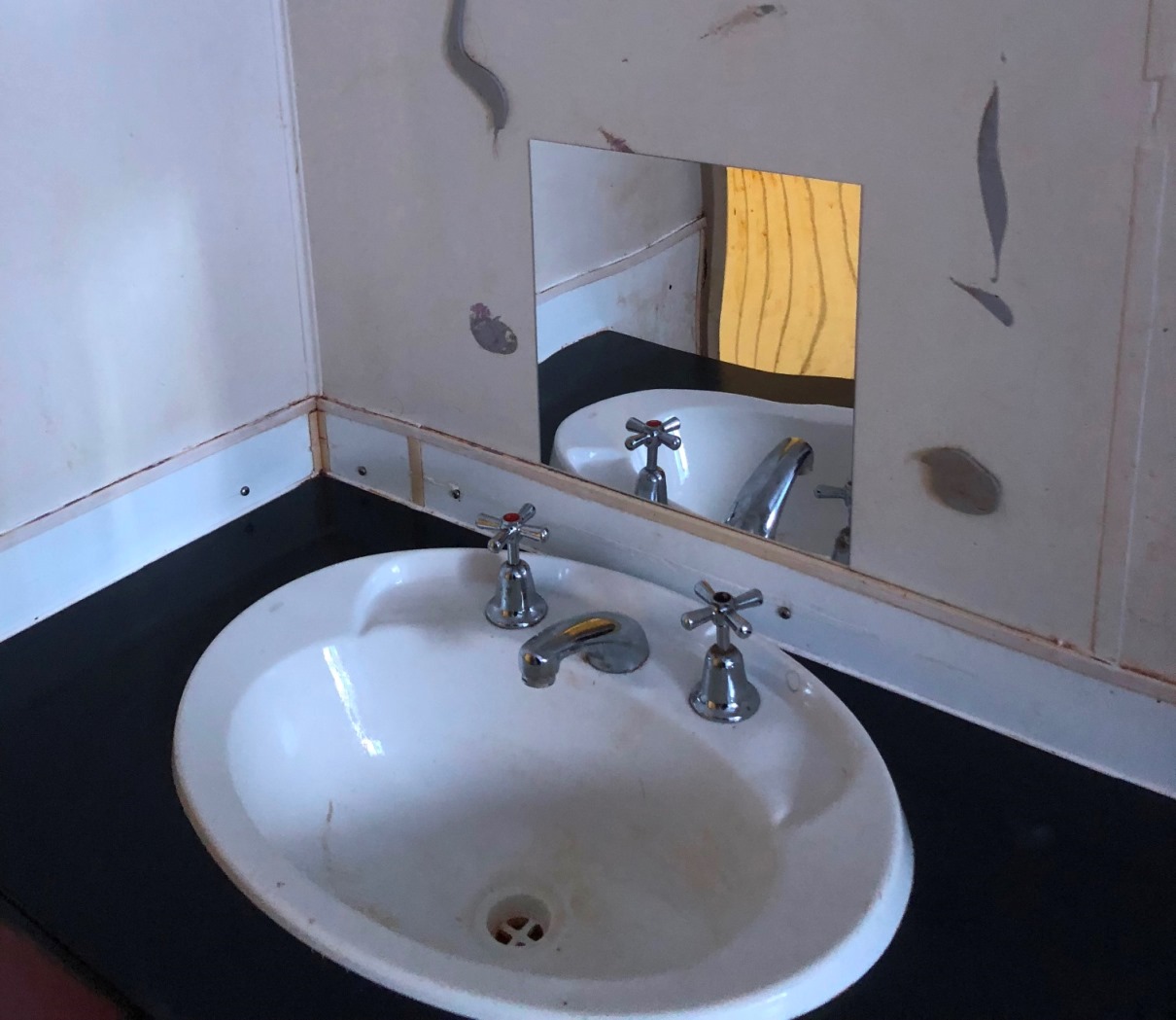The Plumbers Licensing and Plumbing Standards Regulations 2000 were amended in December 2016 by the Department of Commerce to allow Aboriginal environmental health practitioners the ability to carry out emergency minor plumbing repairs (external site) in remote communities.

After more than 13 years of lobbying for change, this is a significant step forward in providing improved environmental health conditions for Aboriginal people living in communities throughout Western Australia.
Who can undertake plumbing repairs?
Aboriginal environmental health practitioners employed by eligible Service Providers (ie. contracted by the Department of Health to provide environmental health services), who have attained a Certificate II in Indigenous Environmental Health or a Certificate II in Population Health, are now authorised to carry out basic plumbing repair work in eligible remote communities (external site). This work can be undertaken provided it is needed urgently to prevent a risk to health or significant water wastage, and a licensed plumber cannot reach the community quickly enough to fix the problem. Employers of environmental health practitioners who carry out work under the scheme are required to submit a record of emergency plumbing work in remote Aboriginal communities (external site) to the Building Commission for auditing purposes.
What plumbing repairs can be undertaken?
Emergency minor plumbing repairs include:
- Replacing leaking tap washers, spindles, handles and shower roses;
- Replacing “P” and “S” traps in readily accessible locations, such as those under sinks, basins and troughs;
- Replacing leaking hose taps and hose tap vacuum breakers;
- Replacing leaking cistern inlet and outlet washers and valves;
- Capping a burst water main, damaged waste pipe or sanitary drain;
- Replacing general covers (missing or broken inspection mounds, gully mounds, grates and vent cowls); and
- Clearing by the use of plungers, flexible hand rods or hand-held water hoses blocked waste pipes and drains, and unblocking toilets, showers, basins, troughs, sinks and baths.
Plumbing training resources
A number of training videos are available to assist in undertaking basic emergency plumbing repairs:
Impact of emergency plumbing repairs
For remote Aboriginal communities that are located some considerable distance from the nearest licensed plumbing contractor, the delay in accessing a plumber to do simple urgent repairs increases the risk to public health. This scheme will improve living conditions in remote communities and reduce the risk of hygiene-related health issues that can arise if plumbing emergencies are left unattended for prolonged periods of time.
More information
Aboriginal Environmental Health Program
Phone: (08) 9222 2000
Email: ehinfo@health.wa.gov.au
Last reviewed: 15-03-2019